James Madison is consistently forgotten. Admittedly, many of the Founding Fathers are forgotten. The average American could probably name two of the forty or so founders in Howard Chandler Christy’s Capitol painting “Scene at the Signing of the Constitution of the United States.” But while Washington and Jefferson get imposing monuments in DC and Hamilton gets a musical, the father of our beloved Constitution hardly has a memorial. Asking Google why will pull up an article from the Harvard Law Bulletin quoting Professor Noah Feldman. “Unlike George Washington or Thomas Jefferson, no monument was built to honor Madison in the nation’s capital. You have to see the Constitution as his monument,” said Feldman. “His influence is hidden in plain sight.”
However, a visit to the home of the Constitution at the National Archives and a quick read of one of the plaques on the rotunda makes it sound suspiciously like he was forgotten in the first draft of Barry Faulkner’s Constitution mural there. “The members of the Committee of Fine Arts… were not easily pleased. Include more Founders, simplify the design, and what happened to James Madison? (A typist accidentally left him off the consulting historian’s Constitution list),” the plaque reads. Searching “why doesn’t Madison have a memorial” will lead you to a statue of him in the James Madison Memorial Building at the Library of Congress, the largest library structure in the world. In 1960, Congress established a commission to create a national memorial for James Madison — but merged it with the need for a third library building to ease overcrowding. Nothing like killing two birds with one stone.
James Madison is known as the father of the Constitution, which may be a bit of a stretch. While his efforts in creating the Virginia Plan partly provided a framework for the Constitution, he did not vouch for equal representation for each state in the Senate. The staunch federalist Madison greatly contributed to the ratification debate through his essays in the Federalist Papers; he pushed for a Bill of Rights without the additional amendments that would have changed the structure of the Constitution as the anti-feds wanted. And perhaps most significantly, Madison took over 600 pages of copious notes during the constitutional convention.
On Independence Day we celebrate the adoption of the Declaration of Independence. Doubtless a remarkable document, but arguably not the most remarkable thing about America. Dozens of countries have declared independence. Getting married is a scary and exciting prospect, but we’re more impressed by couples who have made a marriage work for decades. The flashy fireworks of the Fourth have no parallel celebration on September 17, Constitution Day. In his presentation note on his murals, Faulkner clarified that “the Declaration symbolized war, the Constitution peace.” War may be sexy, exciting and polarizing. Peace is work. In this case, it was three months’ work of sitting in a hot room every day debating even hotter topics and having to muddle through complex compromises on the most important things. Peace is about finding real solutions. Whether or not we need a real monument to Madison, his contribution to the blueprint of America ought not go unnoticed. Unfortunately, those things that are of most value are often not “hidden in plain sight” but simply taken for granted.
This article was originally published in The Spectator’s August 2024 World edition.



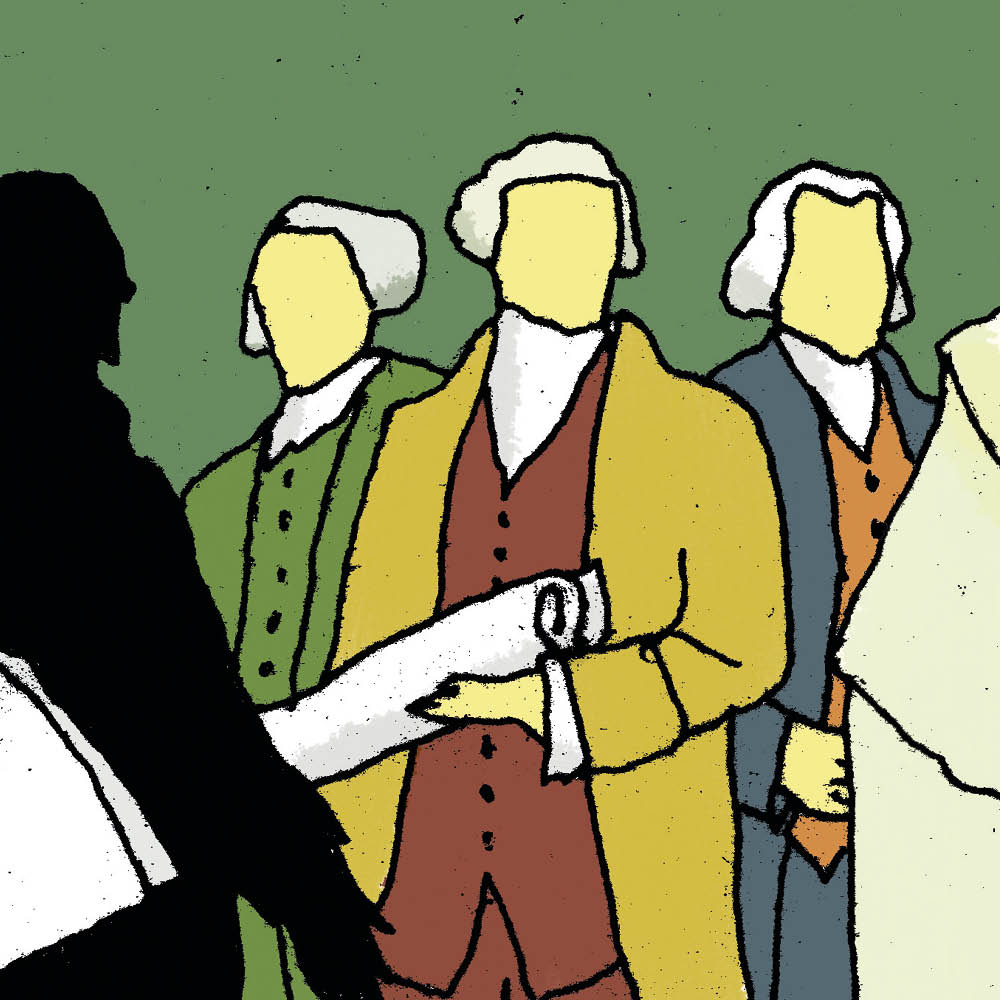






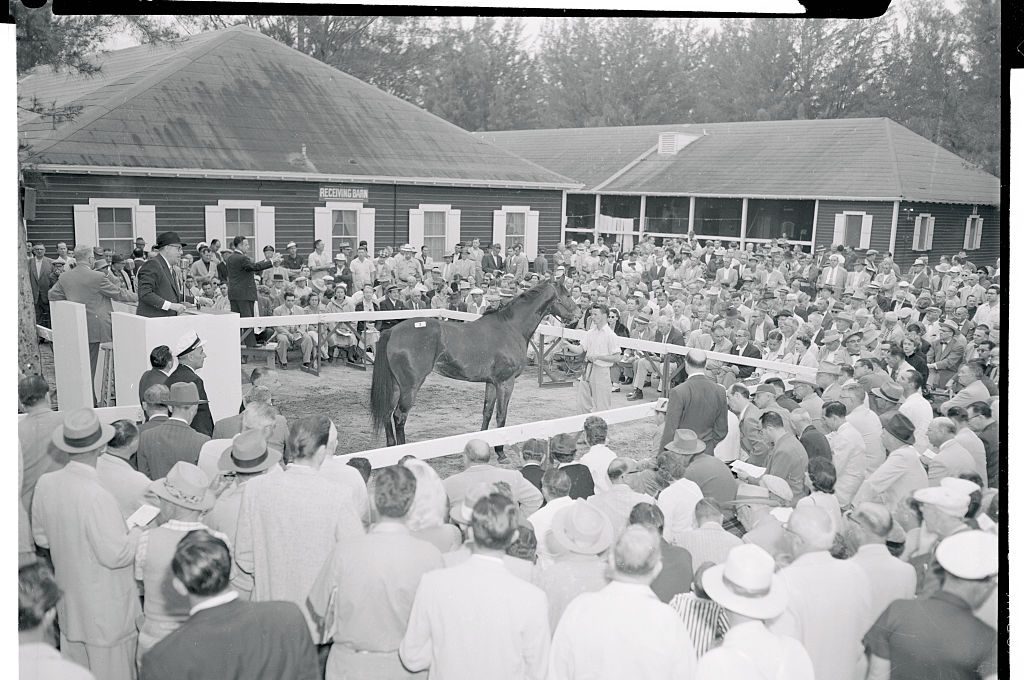
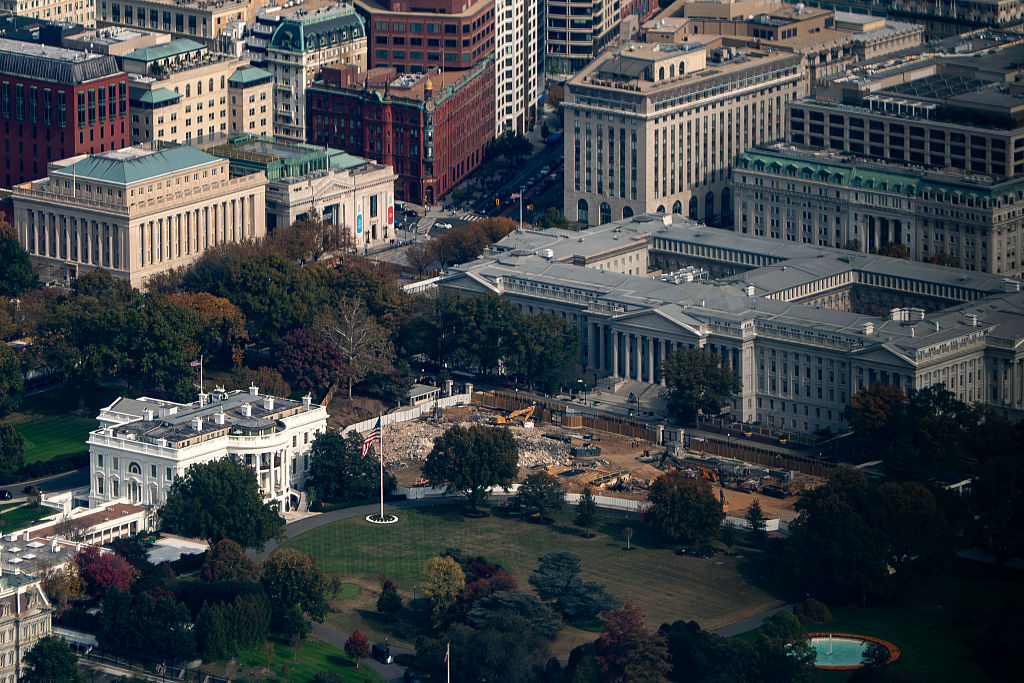

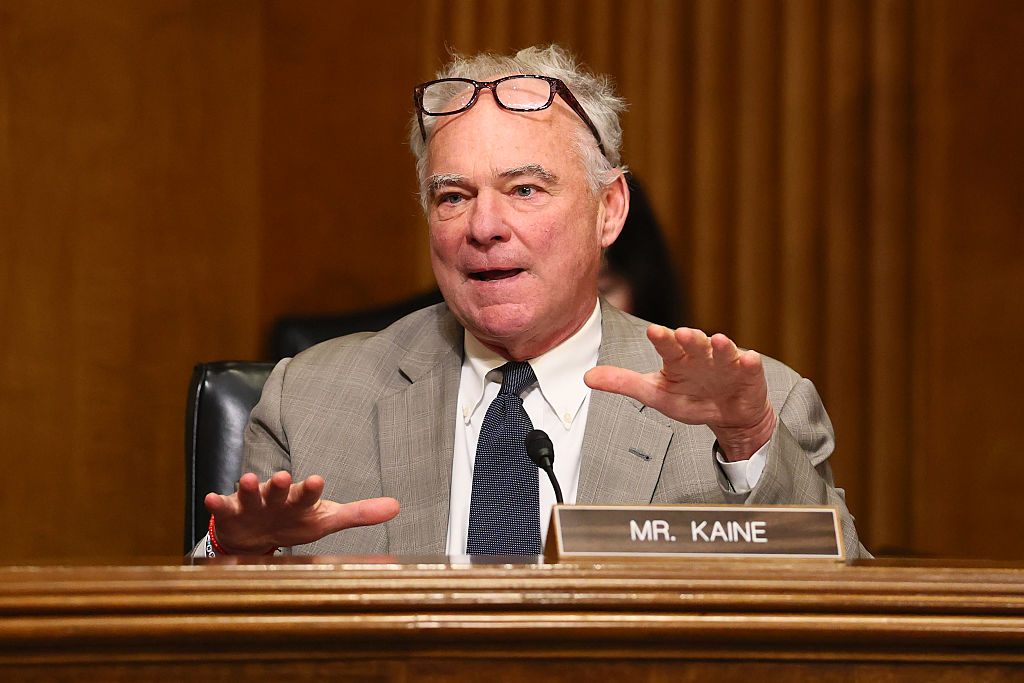
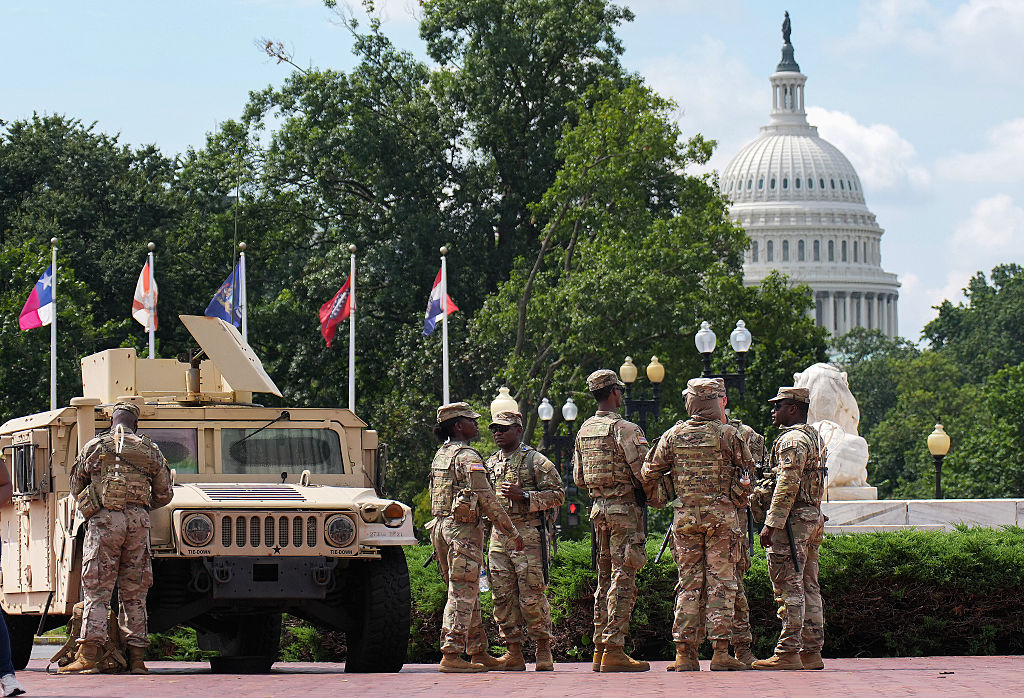








Leave a Reply